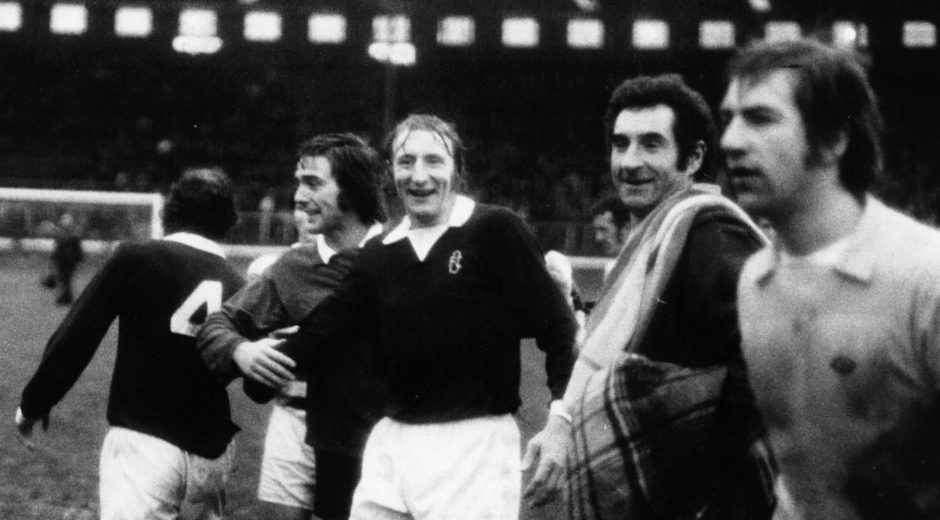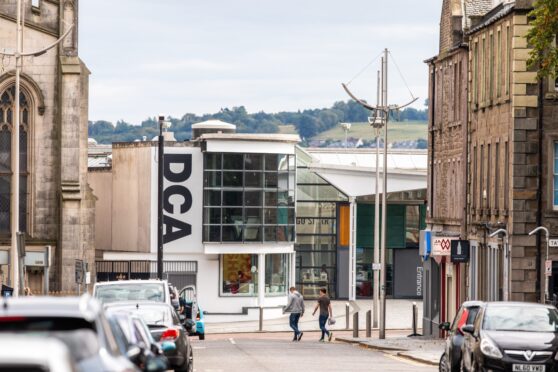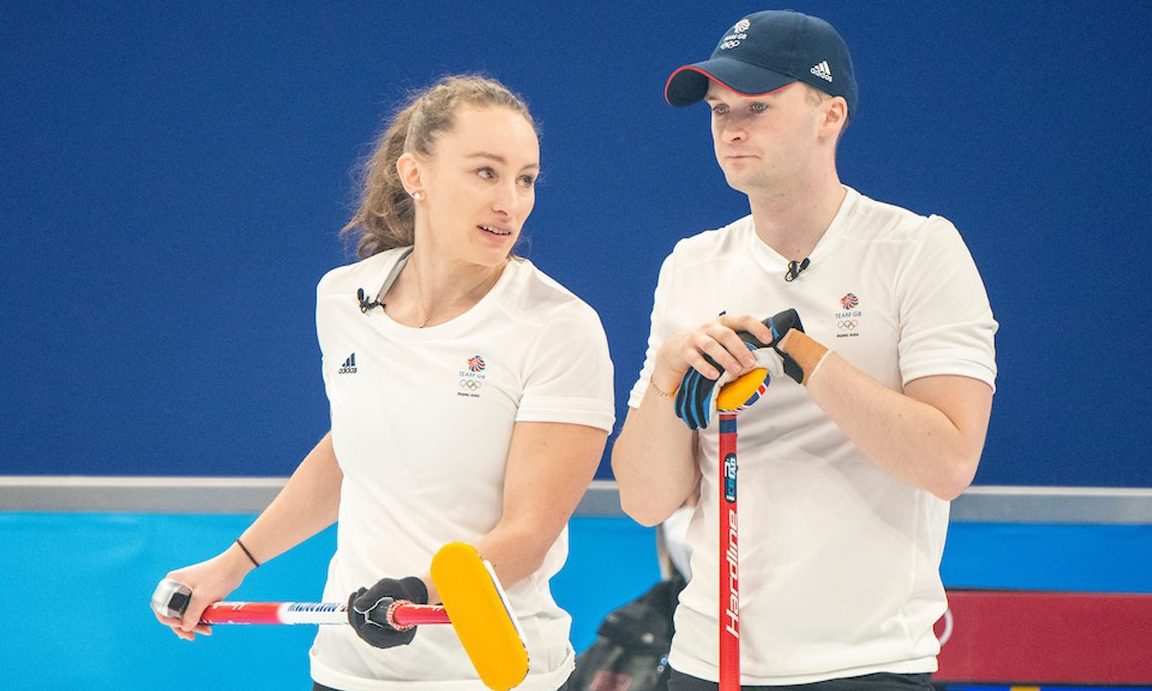Tommy Gemmell’s death this week robbed Scottish football of one its most flamboyant characters.
His leaving us is poignant not only for the remarkable fact that he scored two goals in separate European Cup finals, but also for his contribution, sometimes overlooked, at Dens Park where he skippered the side to League cup success and as manager won promotion to the Premier league.
Big Tam captained the Dundee FC side to victory over a top class Celtic team in the winter of 1973, amid the national fuel crisis which had led to the game kicking off early at 1.30pm, due to the banning of generators to power the floodlights.
Gemmell, who had won an array of medals under Jock Stein at Parkhead, led the unfancied Dark Blues out in front of less than 28,000 fans, a much reduced attendance due to the early start.
Dundonian Gordon Wallace scored the only goal of the game to bring the cup back to the city. It was a Dundee side under rated by many, which also included local boys John Duncan, and Iain Phillip, as well as a player destined to become a club legend on-field and in the managers’ chair, Jocky Scott.
Gemmell’s inspirational qualities were crucial in helping to capture the trophy against a Celtic team which featured iconic names like McNeill, McGrain, Hay and Dalglish, and former Dens star, the stylish Steve Murray.
So talented was the Celtic side that day that the iconic winger, Jimmy Johnstone could only make the bench.
Gemmell like many of his generation, owed a great deal to his working class upbringing. He was an apprentice electrician and by the time he had risen at an early hour, completed a day’s graft, and caught the tram to training at night before returning home, he had put in a long shift.
That background like most players in those days, gave him a solid work ethic and a deep commitment on the field of play. It also gave him a sound appreciation of the benefits of becoming a full time footballer, which he grasped with both hands.
He came from a generation of Scottish players who had mastered the art of control and passing by a very early age, since they played football night and day as kids.
As one of the early pioneers as a gallivanting and swashbuckling left back, he was a fearsome sight charging over the halfway line to unleash the kind of thunderous shot, which saw him leave Inter Milan stunned in the 1967 Lisbon final.
His generation of players also worked and played hard, and knew how to enjoy a good night out, but they delivered on the pitch.
As a major Scottish football figure that had played and scored in two European cup finals, his time as a player and manger at Dens added a frisson of glamour to the club.
I once did a television feature on him, meeting him in his local pub. He was highly popular and well liked by all. His passing leaves Scottish football a poorer place, but the great memories remain.










